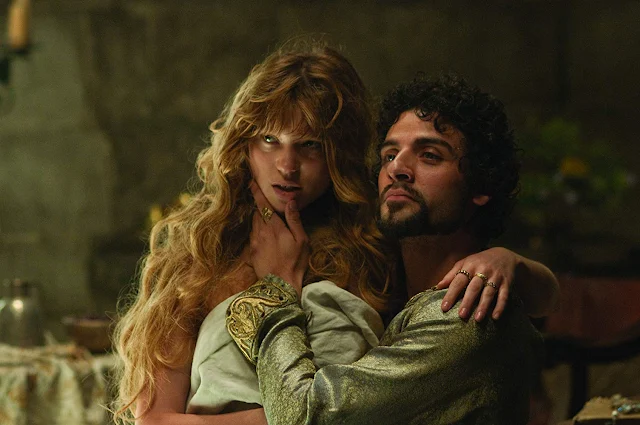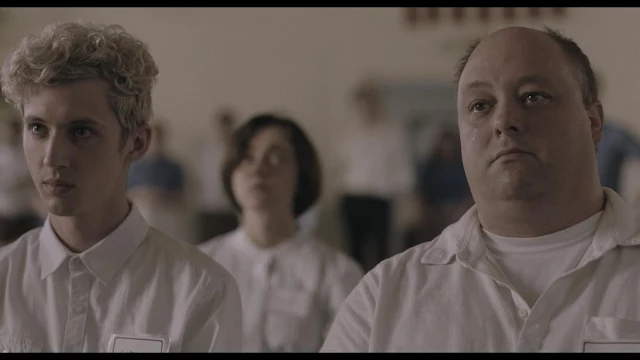The Greatest Beer Run Ever (Peter Farrelly, 2022)
Cast: Zac Efron, Russell Crowe, Bill Murray, Kyle Allen, Deanna Russo, Paul Adelstein, Jake Picking, Joe Adler, Archie Renaux, Will Hochman, Kristin Carey, Ruby Ashbourne Serkis. Will Ropp, Matt Cook. Screenplay: Peter Farrelly, Brian Hayes Currie, Pete Jones, based on a book by John “Chick” Donohue and J.T. Molloy. Cinematography: Sean Porter. Production design: Tim Galvin. Film editing: Patrick J. Don Vito. Music: Dave Palmer.
I subscribed to the Apple TV+ streaming service so I could watch CODA (Sian Heder, 2021) and The Tragedy of Macbeth (Joel Coen, 2021), and I stuck with it because I got hooked on the series Severance and For All Mankind. (I haven’t yet dipped into its most popular series, Ted Lasso.) And having invested in yet another streaming service, I felt compelled to check out its other movies. Compared to the major streamers, the offerings are fairly thin, so I gave The Greatest Beer Run Ever a try. Unfortunately, the movie is as clunky as its title and surprisingly inept, coming from a filmmaker who won two Oscars for Green Book (2018). Based on an improbable but true story, it’s about a civilian who decides to take a duffel bag full of beer to his buddies in Vietnam at the height of the war, spurred by a kind of deluded patriotism and boozy camaraderie. But Zac Efron doesn’t have the acting chops or the confident screen presence to carry the central role of Chickie Donahue, and he’s not given much help by the screenplay’s failures of tone. Is the movie a comedy? An anti-war satire? A story whose subtext is the way American politicians exploit the naïveté of the citizenry? It could have been all of those things, but it just falls flat, with an ending which implies that Chickie has been changed by confrontation with the terrible truth of the Vietnam War but doesn’t find an adequate way of demonstrating it. There are some amusing moments, such as the way Chickie gets mistaken for a CIA agent and is able to exploit the misconception. And there are good performances from Russell Crowe as a combat photographer and Bill Murray as a World War II vet who buys into the official line that the war in Vietnam is being won and condemns the media and the protesters for their lack of patriotism. (The pro-war blue-collar milieu from which Chickie comes is treated with sentimentality, such as the woman who wants him to take a rosary to her son, who is MIA.) The real story behind the film is an intriguing one, but it’s wasted in the final product.










































